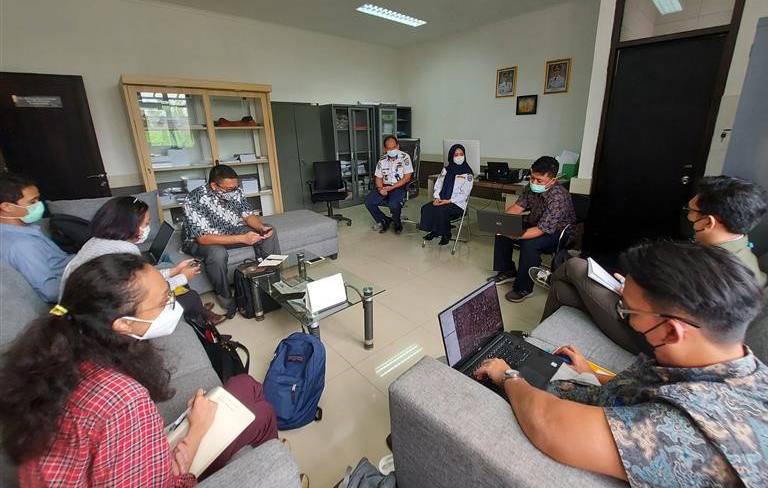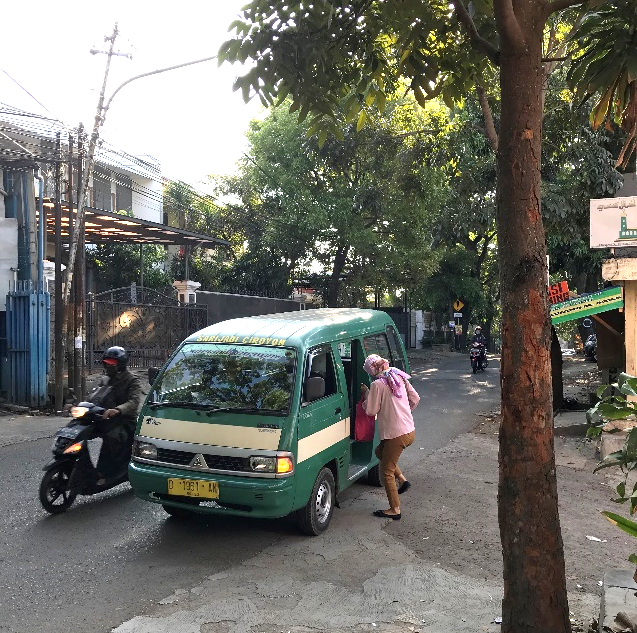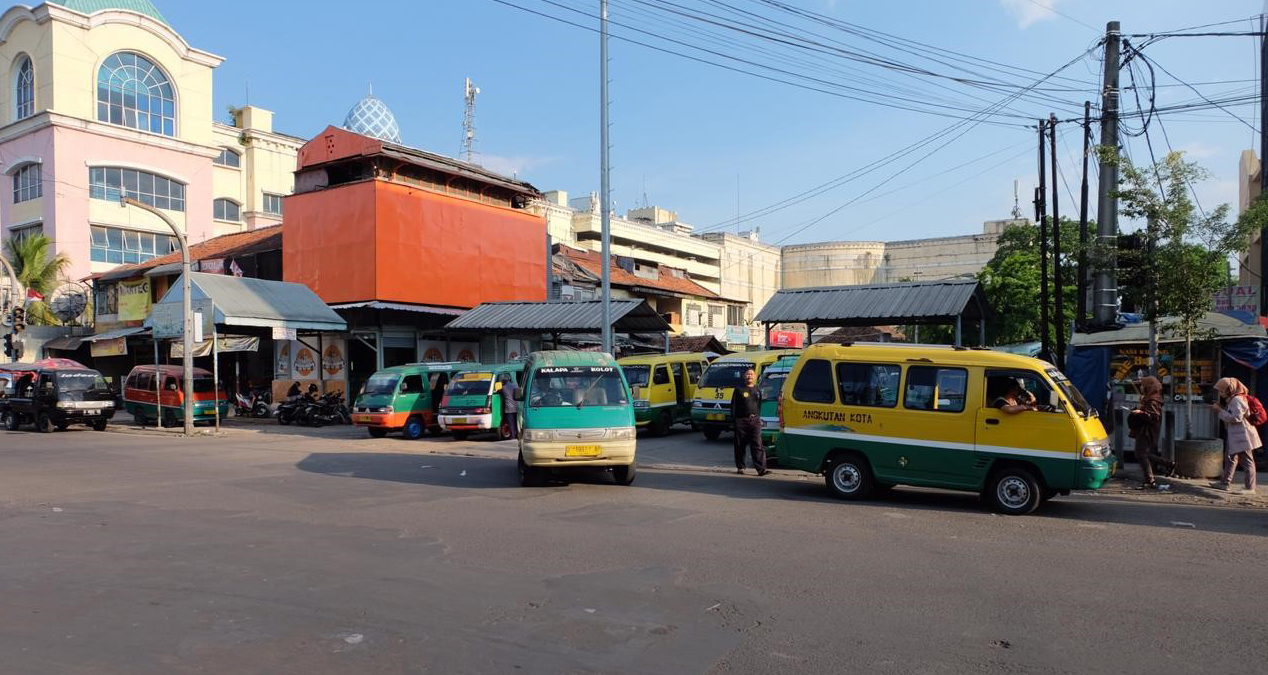Bandung, Indonesia: Greenlight for minibus route to improve congestion in Bandung

Engagement between Bandung integrated transport delivery team and city transport agency on proposed minibuses routes early April 2021
Bandung is Indonesia’s fourth most populous city, with one of the most congested transport networks in South-East Asia. The lack of public transport is a major factor. Currently, private vehicles comprise the lion’s share of journeys (62% motorcycles and 15% cars), while only one in five trips are taken by public transport (19% minibuses ‘angkot’ and just 3% by bus).
The most used public transport mode in Bandung are the minibuses "Angkot'. The wide coverage and the low prices provided by this paratransit service makes it the favourite mode for commuters. The organisation of this system is based on a cooperative type of institution and the business model is partially informal. Transportation Agency Bandung City Government issues route licences and permits to each vehicle owned by private individuals and the owner can drive his or her own minibus or rent it to a driver who will keep the fares, collected by cash without any receipt.


The primary means of public transportation is by ‘angkot’ minibuses
Improving the public transport network in Bandung will directly contribute to better and healthier lives for its 2.5 million citizens. The proposed Integrated Public Transport System will respond to this growing challenge by prioritising future modes of public transport such as bus services, a digitised system for traditional minibuses, intelligent transport systems, BRT, LRT, NMT, commuter railway and even cable cars.
Earlier in year 2021, our Bandung project team received the greenlight from the local City Transport Agency to progress with our proposed plan for new minibuses routes that that would contribute to the future development of improved public transport services. This is the first step to integrate improved public transport system within the City as part of the public transport strategic planning.
By end of 2020, the Bandung delivery team delivered the Interim Report, one of the many deliverables of the Programme intervention, including the recommended minibus routes. The report entails current and forecast demand analysis, network integration, fare integration, service plans, proposed routes prioritisation and scenarios that have helped to better shape the recommendations.
The City Transport Agency will assist the Team in providing direction and input during programme implementation, particularly on the technical aspects. As part of the development of the proposal, we gained approval from the City Advisor for Public Transport, a lead expert in this field in Bandung. The Agency has also recommended that we seek support for our proposals from the highest level, such as the City Secretary and/or the Mayor of Bandung.
The Agency acknowledged that our proposal is aligned with the programme of the Government of Bandung City, including: the improvement of public transport mode share, integrated infrastructure and low carbon mobility. Our recommendations for short-term and long-term plans concerning the improvement of public transportation services will be used as reference during the development of City strategic planning.
Author:

Kenny Kapuasiana – Assistant Project Manager, Bandung Integrated Public Transportation System Intervention, Global Future Cities Programme